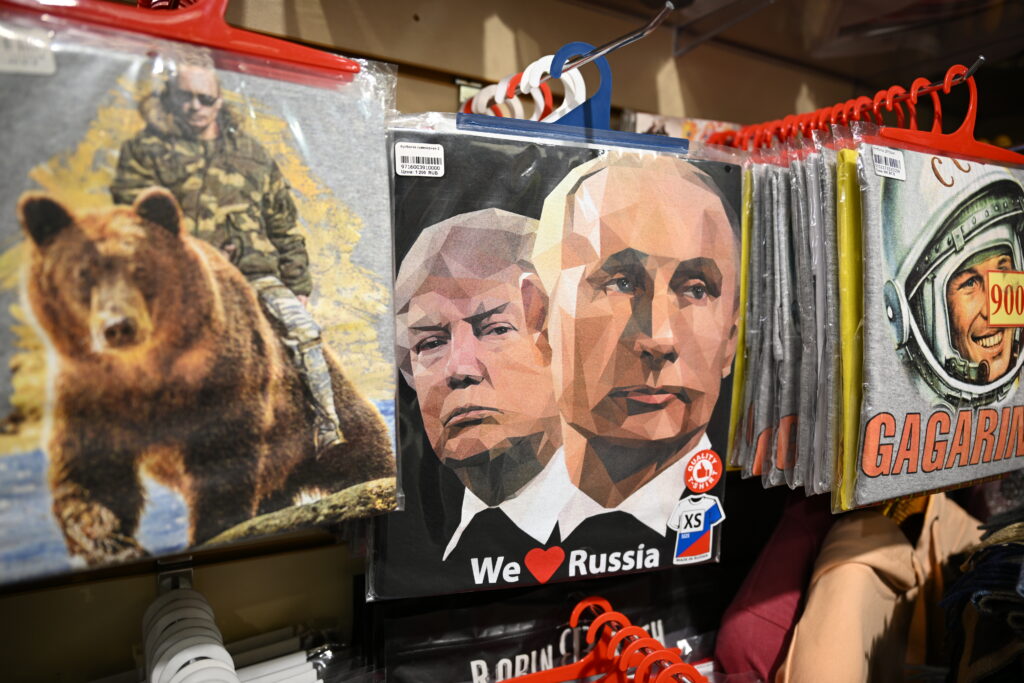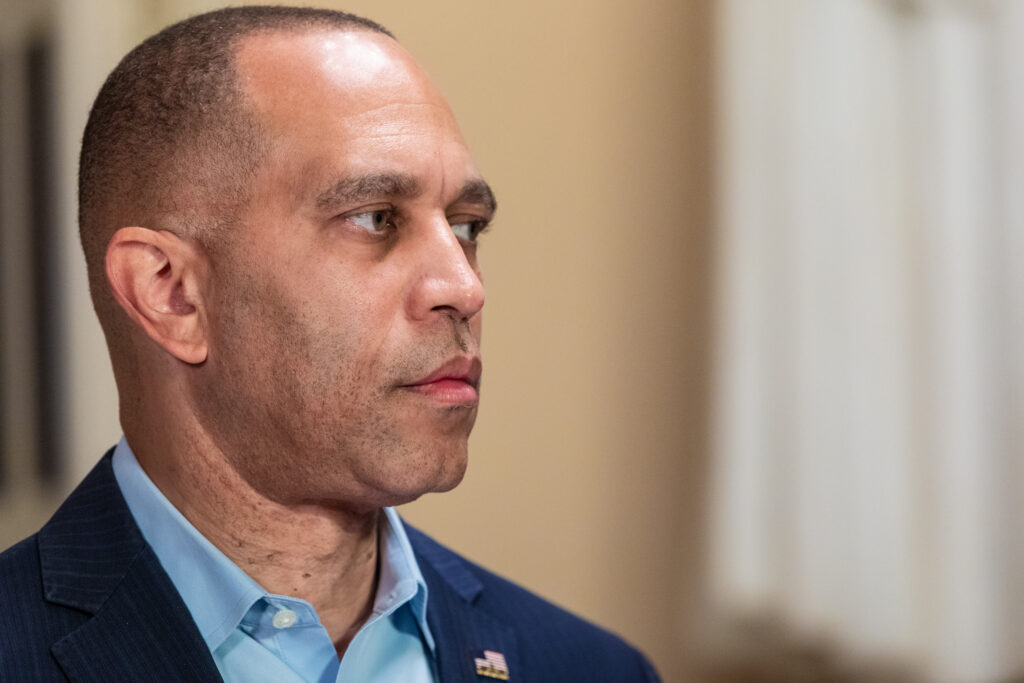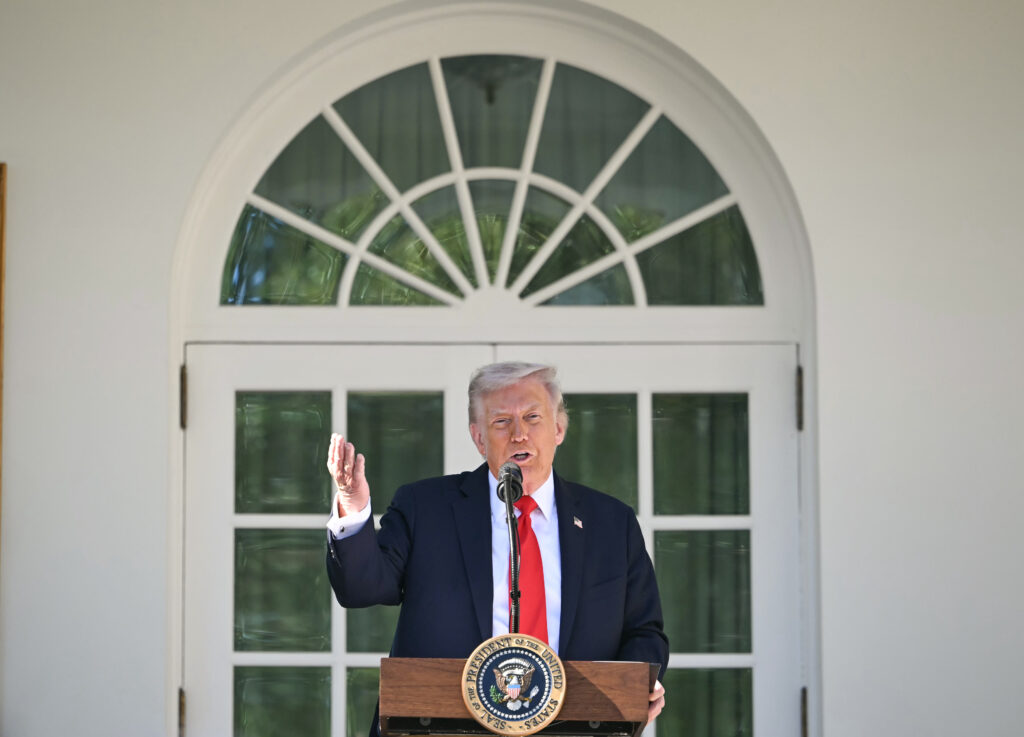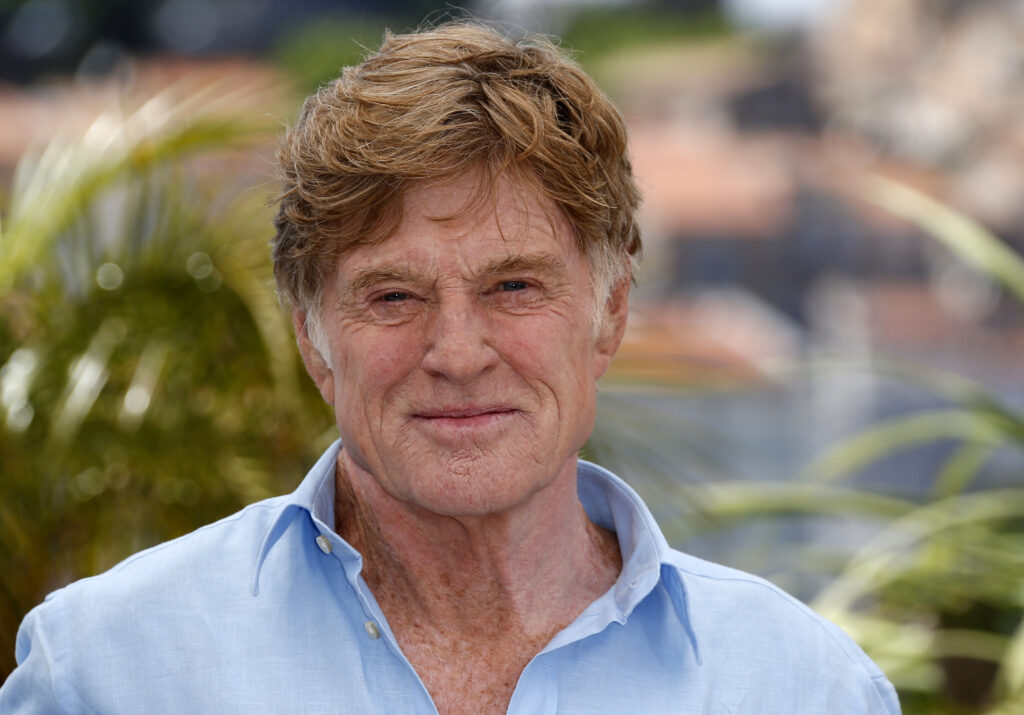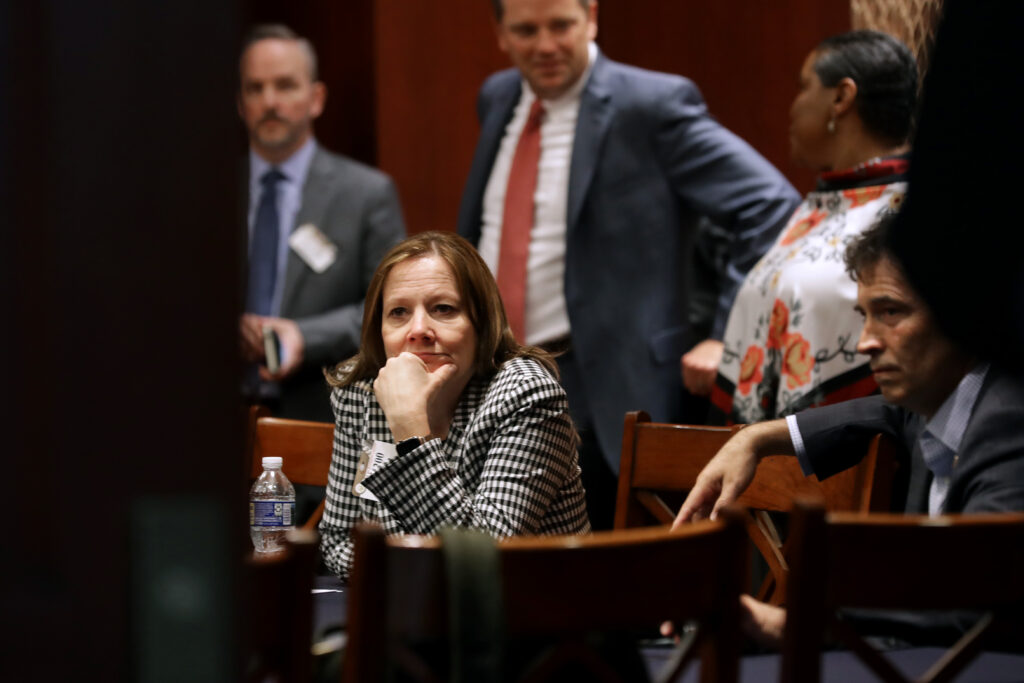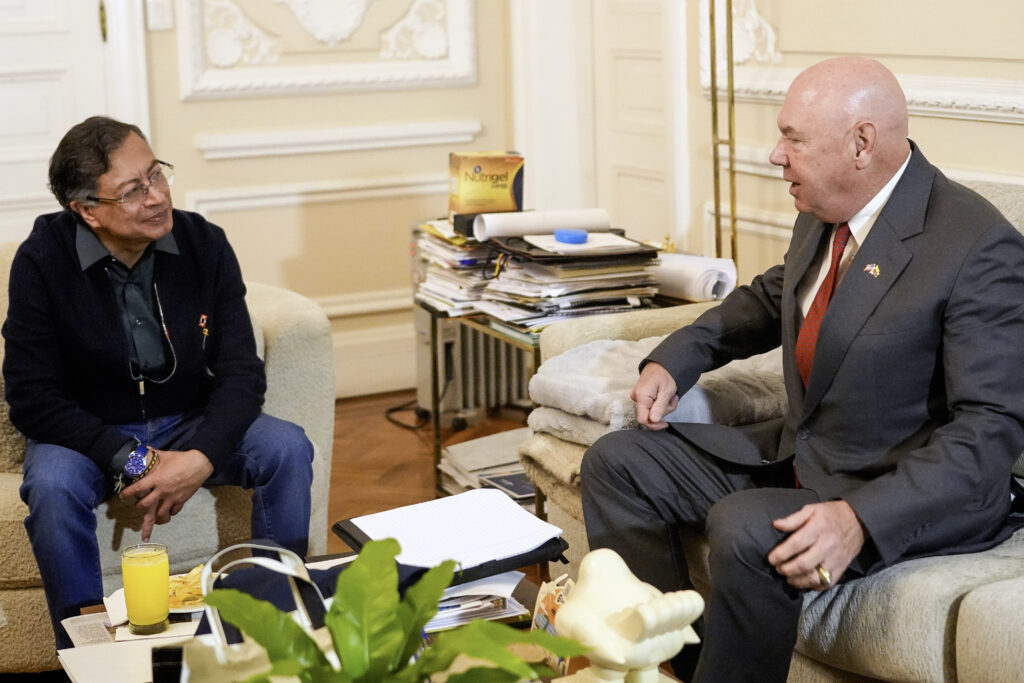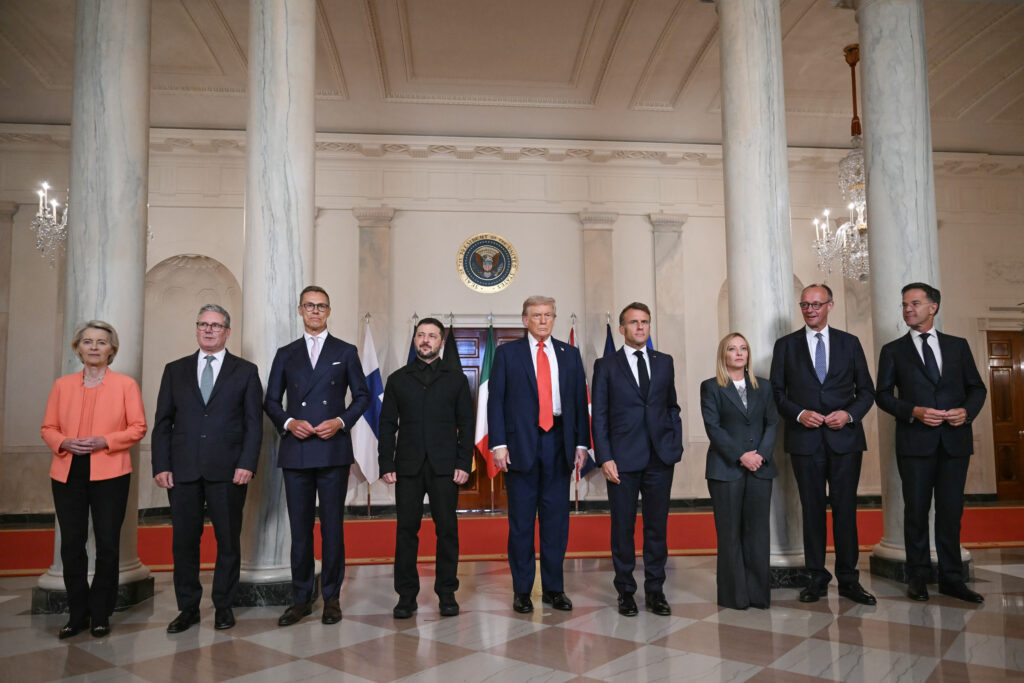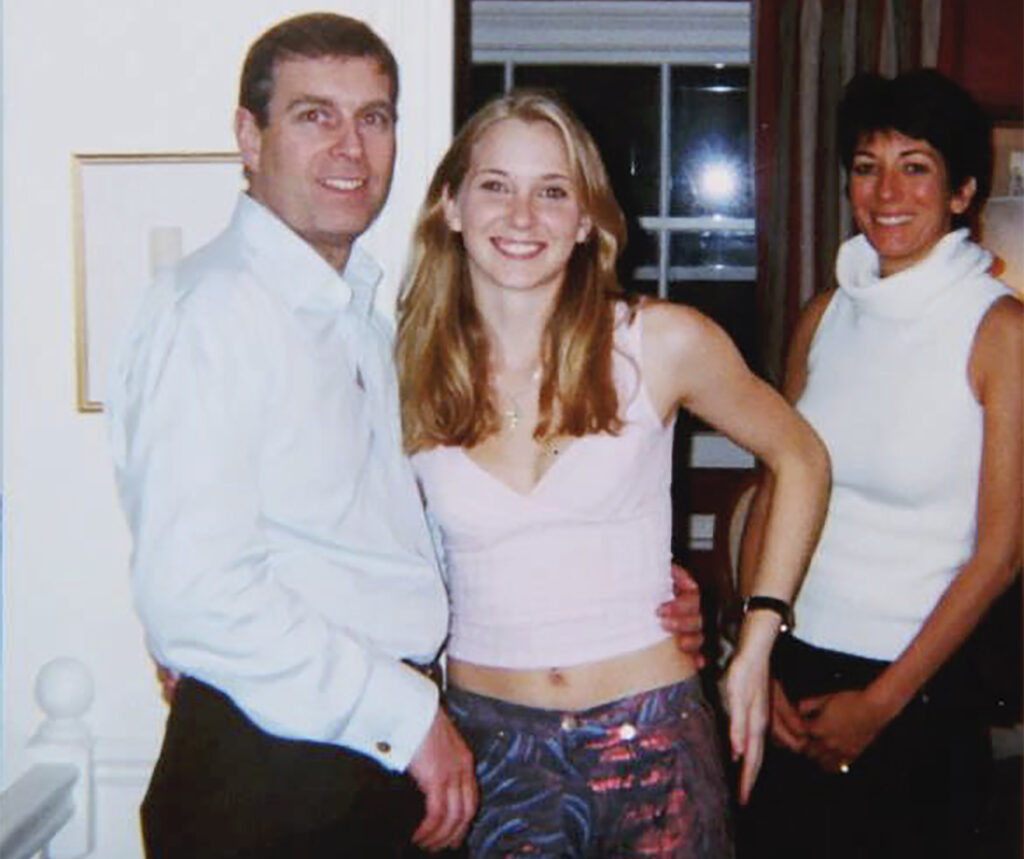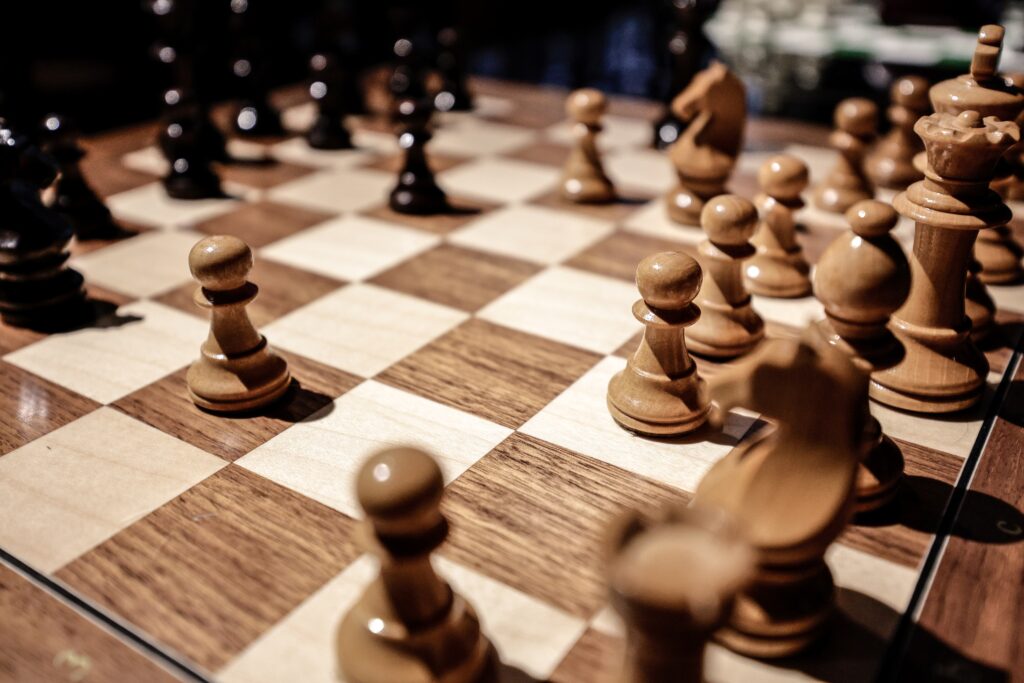Trump and Putin’s Budapest summit shelved
US President Donald Trump put plans to meet Russian counterpart Vladimir Putin in Budapest on hold Tuesday, as efforts to end the war in Ukraine ran into yet another roadblock.Trump said just days ago that he would meet Putin within two weeks, while at the same time pressuring Ukraine to give up the eastern Donbas region in exchange for peace, a senior Kyiv official told AFP.But Trump has now made yet another abrupt reversal in his bid to end Russia’s three-and-a-half-year invasion, with the Kremlin reportedly still sticking to all of its demands despite his call with Putin last week.”There are no plans for President Trump to meet with President Putin in the immediate future,” a White House official told AFP on condition of anonymity.US Secretary of State Marco Rubio and Russian Foreign Minister Sergei Lavrov also called off an expected meeting to arrange the Budapest summit after speaking by phone on Monday.”An additional in-person meeting between the secretary and foreign minister is not necessary,” the White House official said, adding that the call was nonetheless “productive.”The Kremlin said Tuesday there was no “precise” date for any new meeting between Trump and Putin, who held talks in Alaska in August but failed to reach a breakthrough on Ukraine.- ‘Going in circles’ -Trump had shown growing frustration with Putin despite what he says is their personal chemistry, but after meeting Zelensky at the White House last week the US president appeared to shift back to Moscow’s side.The US leader pushed Zelensky during the talks to cede Donbas during the “tense” talks last Friday, a senior Ukrainian official told AFP.The source added that the talks with Trump were “not easy,” and that diplomatic efforts to end the Russia-Ukraine war felt like they were being “dragged out” and “going in circles.”Trump called last week for both Moscow and Kyiv to stop the war at their current battle lines, and publicly made no references to Kyiv giving up territory.But when asked if Trump urged Zelensky to pull out of land that Ukraine still controlled — one of Putin’s key demands — a senior Ukrainian official told AFP: “Yes, that’s true.”Zelensky left the meeting empty-handed after Trump, who spoke with Putin the day before, denied his request for long-range Tomahawk missiles and pressured him into making a deal.Ukraine considers the Donbas — a largely industrial area spanning its eastern Lugansk and Donetsk regions — an inseparable part of its territory and has rejected the idea of ceding it many times.- ‘Line of contact’ -European leaders have meanwhile rejected the idea of Ukraine giving up land — instead backing the proposal for fighting should be frozen on the current front lines.In a joint statement published Tuesday, leaders including France’s Emmanuel Macron, Italy’s Giorgia Meloni and Britain’s Keir Starmer warned that Russia was not “serious about peace.””We strongly support President Trump’s position that the fighting should stop immediately, and that the current line of contact should be the starting point of negotiations,” the statement said.Zelensky, who is pushing to attend any summit after being shut out of Trump’s meeting with Putin in Alaska, has ruled out territorial concessions.EU leaders are set to close ranks in support of Ukraine at a Brussels summit on Thursday — followed a day later by a “coalition of the willing” meeting of European leaders in London to discuss the next steps to help Kyiv.Putin ordered a full-scale invasion of Ukraine in February 2022, describing it as a “special military operation” to demilitarize the country and prevent the expansion of NATO.Russia now occupies around a fifth of Ukrainian territory — much of it ravaged by fighting — while tens of thousands of civilians and soldiers have been killed.A Russian drone attack earlier Tuesday on the town of Novgorod-Siverskyi in Ukraine’s northern Chernigiv region killed four people, the state emergency service said.
